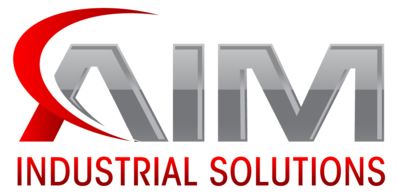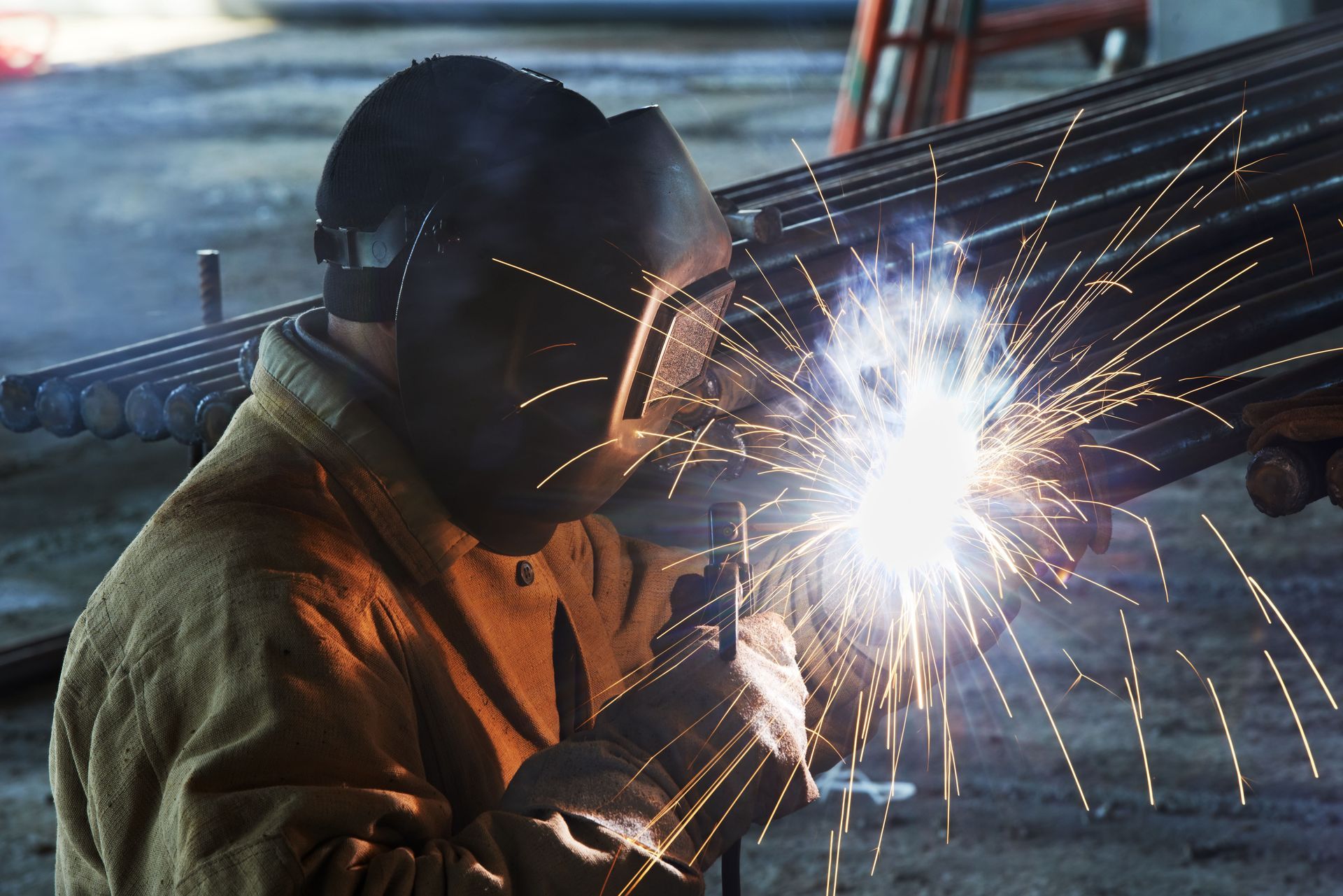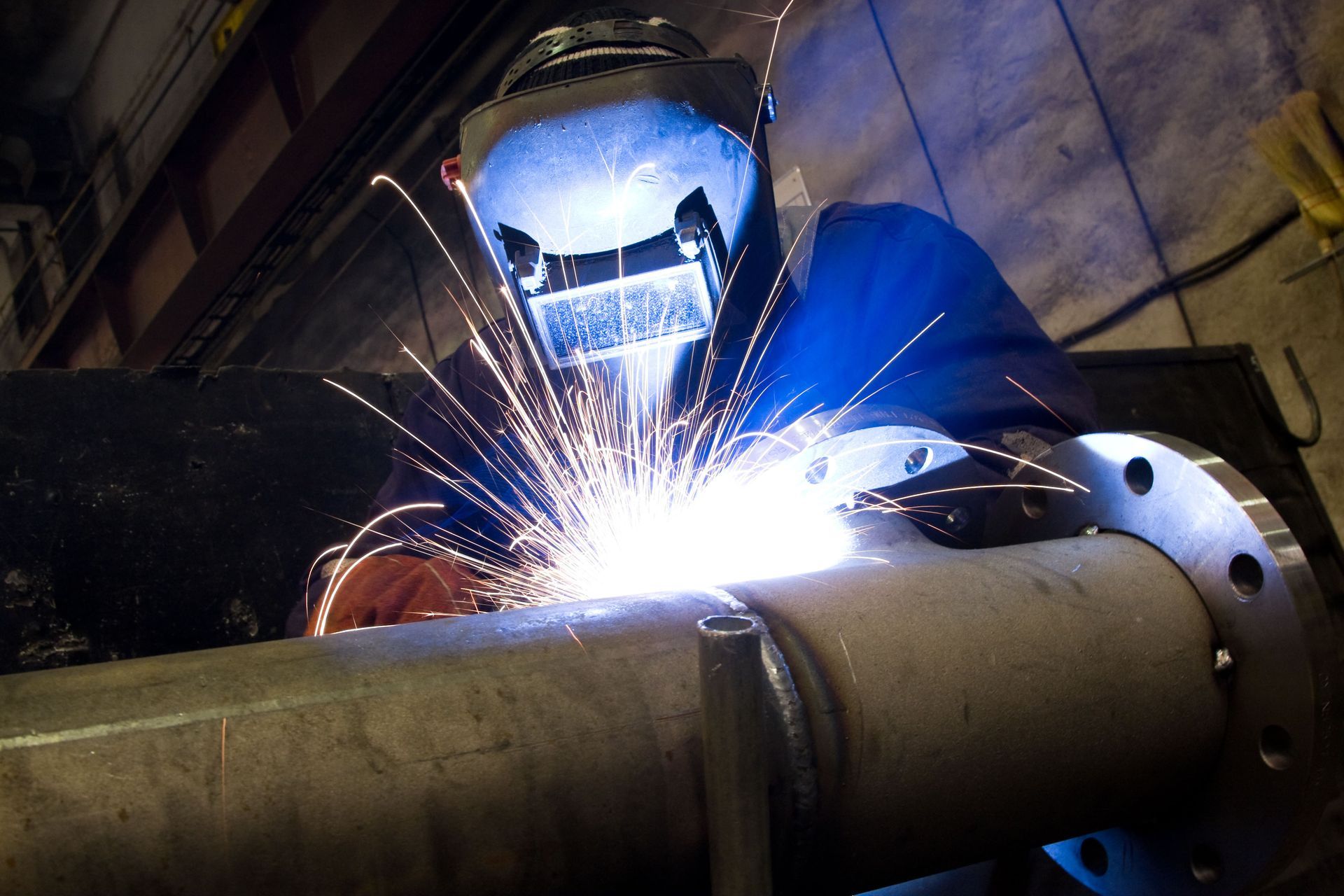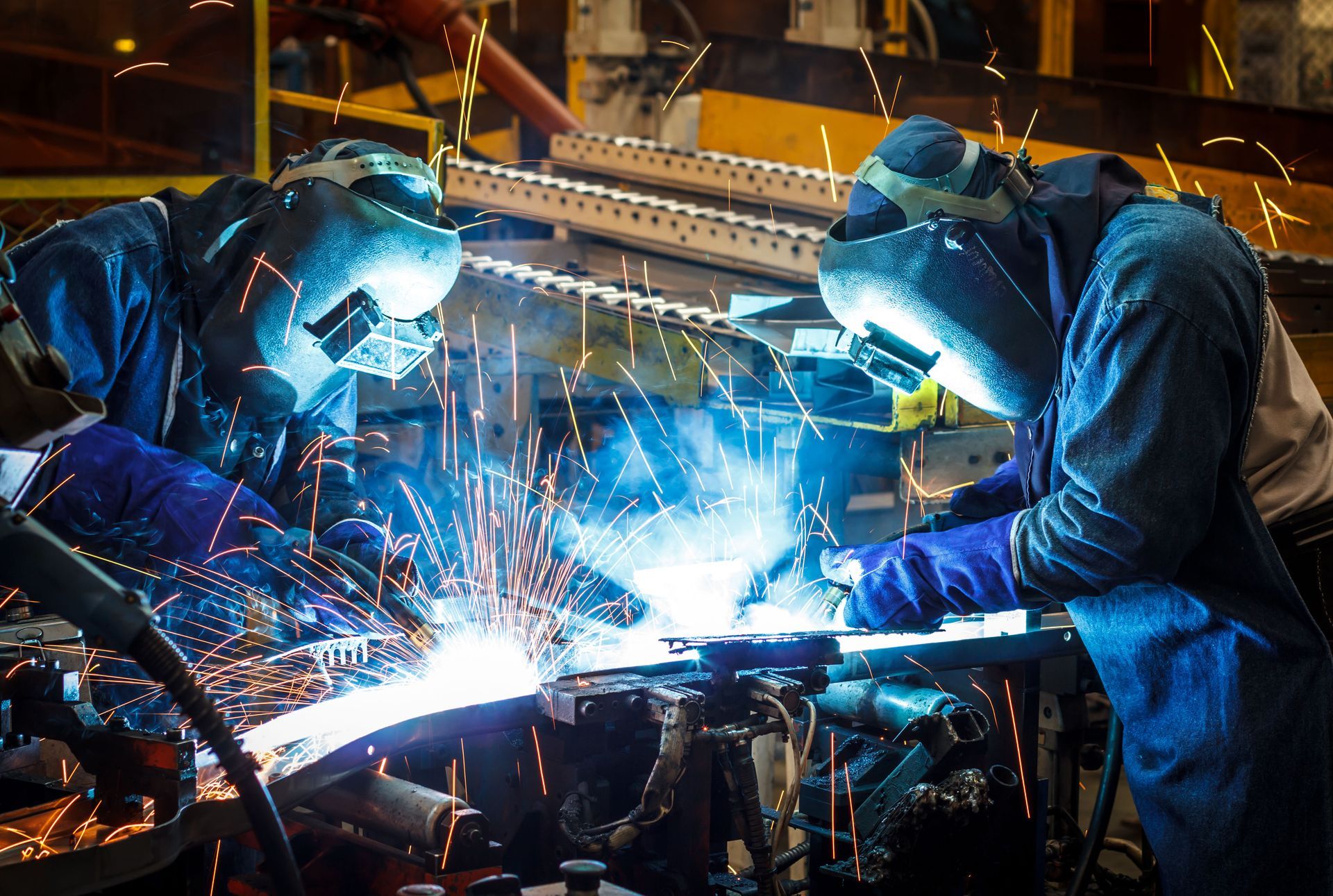How Industrial Fabrication Is Becoming More Sustainable
Industrial fabrication has long been a cornerstone of modern infrastructure, underpinning everything from buildings to bridges. As awareness of environmental issues grows, the fabrication industry is stepping up with a commitment to more sustainable practices. Progress is being made, and a transformation toward eco-friendly processes is underway. By incorporating innovative technologies and practices, companies are reducing their carbon footprint without compromising the quality and durability of their products.
Recycling Materials to Reduce Waste
One pivotal avenue for enhancing sustainability in industrial fabrication is the recycling of materials. Steel, a staple in fabrication, exemplifies this shift. According to the American Institute of Steel Construction, a remarkable 98% of American structural steel is caught at the end of its life and recycled. This closed-loop approach not only curbs the need for raw material extraction but also significantly reduces energy consumption and greenhouse gas emissions associated with steel production. Consequently, recycled steel is not only eco-friendly but also economically beneficial, positioning it as a win-win solution.
Improving Workflow Efficiency to Reduce Environmental Impact
Sustainable industrial fabrication isn’t just about materials—it’s also about how projects are planned and executed. Many fabricators are streamlining their workflows to reduce delays, minimize waste, and use resources more efficiently. Tools like 3D renderings allow teams to visualize the end product, make adjustments early, and avoid costly errors. Combined with careful planning and modern equipment, these strategies help reduce energy consumption and support environmentally responsible operations from start to finish.
Choosing Materials With Sustainability in Mind
Sustainability in industrial fabrication also involves making smart choices about the materials used. Many fabricators are taking care to source durable, long-lasting materials that reduce the need for frequent replacement or repair. This helps them cut down on waste and ensure that every resource is used efficiently. This thoughtful approach to material selection supports both environmental goals and long-term project success. As more companies prioritize sustainability, these strategies are becoming an integral part of modern fabrication workflows.
The shift towards sustainable industrial fabrication is not just a trend but a necessary evolution. As the industry continues to embrace recycling, improving workflow efficiency, and sustainable materials, it is setting new standards for environmental responsibility. Ready to explore fabrication solutions? Contact AIM Industrial Solutions today to learn how your next project can benefit from eco-friendly innovations.




Share On: